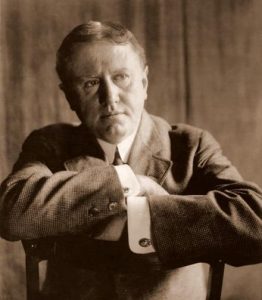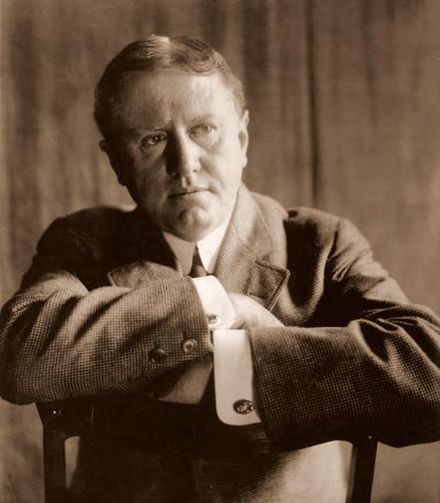The O. Henry Prize Stories 2002
 Book review.
Book review.
The O. Henry award is a yearly literary award given to 20 American short stories of merit. The O. Henry award was first given out in 1918. The award is in memory of the American writer O. Henry.
- O. Henry was the pen name of William Sidney Porter, a colorful American character from the turn of the 20th century who was a prolific and well-known writer of short stories.
Each year a group of editors reviews 20 stories from any American or Canadian periodical and picks some that they deem the most significant. The stories in this collection came from such notable periodicals as The New Yorker, GQ, Esquire, McSweeny’s and The Atlantic Monthly.
One has to wonder what will happen to these compilations in the new media world where a 500 word poorly written blog post about your latest diet has supplanted any literary ambitions. (Get off my lawn!)
Some time ago I came into possession of the 2002 version of the compilation. Most probably at the local library book sale. Most probably when I was buying a grocery bag full of used books for $5.
I am a sucker for a well-worn, dusty, old book. Some cast off work of literary merit that no one but librarians, starving authors and other shut ins would love. I’ll squirrel them away like so many old acorns for long plane rides, hot summer beaches and morning ruminations.
I Like the short story form. I like the economical tightness of them. I like that they can pluck one moment out of time and roll it around in their minds, inspecting the edges of it and finding the ragged bits and polished surfaces. And I don’t have to commit to the exhausting arc of a Tolstoy novel but I can still find something of merit in 20-30 pages of well digested narrative.
A compilation of short stories is an efficiency and convenience that fits into life. You can pick it up for 20 minutes of reading, put it down for a year, and pick it up again with no loss of fidelity.
The short story form forces the authors into an efficiency of narrative. What is that one thing that needs to be said? That needs to be told? That needs to be written? How do you crimp and fold that narrative to fit into the short story? What intricate acts of clarity are forced by these bits of written word origami?
These are not the novels that the authors are trying to work on. These, like love poems, will bring no money to the starving artist. They bubble to the top of the work like bits of precious meat. They interrupt the artist as an itch that must be scratched. These are ideas or pieces of ideas, more or less fully formed, that force themselves out of the shadows of the author’s mind onto the page.
The short story could be seen as a natural act. These are the stories that are practiced at the family dinner table or around the campfire. These are the moments and chapters that our lives are built up from. I’m glad that these literary editors have made the effort to save the short story from extinction.
This volume of short stories had what I have come to expect from these types of collections. Some are absolutely, brilliantly written. Some are literary experiments that the author is trying on like a funny old hat found at the Goodwill. Some are just slices of memory or family story, like walking around an old house and imagining the furniture.
The one that stood out for me in this compilation was “The Butcher’s Wife” published originally in the New Yorker by Loiuise Erdrich. Powerful writing. A slice of life piece about immigrants in Minnesota in 1936.
I wrote in the table of contents “Wow!” next to this entry as I checked off the story after I read it.
Go out my friends and save a short story collection from the rubbish heap of time. Know that these are odd children of potentially great authors. They need to be read. We owe it to ourselves to read them.

